THCo vs. THCp: Which is Right for You?

Are you curious about the differences between THCo and THCp, two of the latest cannabinoids to hit the market? You're not alone.
Although both cannabinoids are shrouded in mystery, we dug deep to uncover all of the facts so that you can make an informed decision between THCo and THCp.
In this article, we'll discuss their unique properties, potency, effects, and manufacturing processes, thus providing you with a comprehensive overview.
Keep reading our THCo vs THCp comparison to find out which one of these cannabinoids is best suited for you.
Key Takeaways
- THCo is a semi-synthetic cannabinoid derived from Delta 8 or Delta 9 THC and is known for its potent, energetic, and uplifting effects.
- THCp is a naturally occurring cannabinoid found in hemp with a unique chemical structure, making it potentially 33 times more potent than Delta 9 THC.
- THCp’s intense potency makes it potentially more sedating, providing deeper relaxation and potential therapeutic benefits.
- Choosing between THCo and THCp depends on your tolerance and desired effects; THCo is suited for an uplifting experience, while THCp is ideal for relaxation.
What is THCo?
THCo, short for tetrahydrocannabinol acetate, is a semi-synthetic cannabinoid derived from hemp-based compounds.
It has gained popularity for its potent psychoactive effects, which are estimated to be about three times stronger than those of Delta 9 THC, the primary psychoactive compound in cannabis.
THCo's heightened potency is attributed to its unique chemical structure. The addition of an acetate group to the THC molecule is thought to increase its ability to cross the blood-brain barrier compared to Delta 9 THC, likely resulting in more intense psychoactive experiences.
Knowing how THCo is made will give you a better understanding of what it brings to the table, so let’s discuss that now.
How is THCo Made?
THCo is generally derived from Delta 8 or Delta 9 THC, the psychoactive compounds found in cannabis. Unlike natural cannabinoids, THCo is not naturally occurring and is created through a chemical process that begins with extracting Delta 8 or Delta 9 THC from hemp or cannabis plants.
This extraction typically uses methods such as CO2 or ethanol extraction to isolate the THC. The extracted THC is then combined with acetic anhydride in a controlled laboratory setting, resulting in the conversion of THC into THCo acetate. This process involves adding an acetate group to the THC molecule, enhancing its potency and altering its effects.
Most of the terpenes and flavonoids naturally present in hemp during this synthesis are destroyed. The result is a highly concentrated isolate that lacks the distinct aromas and flavors associated with cannabis strains.
Now that we know what THCo is, let’s look at THCp.
What is THCp?
THCp, or tetrahydrocannabiphorol, is a naturally occurring cannabinoid found in trace amounts within hemp plants. It's gaining attention for its potentially massive potency compared to other known cannabinoids.
The key difference between THCp and other cannabinoids lies in its chemical structure. THCp features an elongated alkyl side chain with seven carbon atoms, while THC has only five.
This extended side chain is thought to allow THCp to bind more effectively to the CB1 receptors in the endocannabinoid system, possibly resulting in significantly more potent effects.
Research suggests that THCp may be up to 33 times more potent than Delta 9 THC, making it the strongest naturally occurring cannabinoid discovered to date. This heightened potency opens up new possibilities for recreational and therapeutic applications, as smaller doses could produce potent effects.
Although it is naturally occurring, THCp can also be made in a laboratory setting, so let’s find out how.
How is THCp Made?
Although THCp is a naturally occurring cannabinoid, its low concentrations in hemp plants make it challenging to extract in significant quantities. To meet the growing demand for this potent compound, many manufacturers choose to synthesize THCp for commercial use.
The process of synthesizing THCp involves modifying the molecular structure of CBD through a method called isomerization. This chemical process rearranges the atoms within the CBD molecule, converting it into THCp.
As with any synthesized cannabinoid, it's crucial to source THCp from reputable manufacturers who employ strict quality control measures and provide third-party lab test results. This transparency helps ensure that the THCp you consume is safe, potent, and free from harmful contaminants.
For the safest THCp products, shop Mellow Fellow today.
Now that we know what both cannabinoids are and how they are made, let’s compare them side-by-side, starting with potency.
THCo vs. THCp: Potency Comparison
When it comes to potency, both THCo and THCp leave Delta 9 THC in the dust. These cannabinoids pack a serious punch, offering a more intense and immersive experience for those seeking a stronger high. Seeing as most are familiar with Delta 9 THC, this will be the baseline for comparison.

Let’s start with THCp.
THCp
THCp takes the crown as the most potent of the two, with research suggesting it's 33 times more potent than Delta 9 THC.
This means that even small doses of THCp can deliver powerful effects, making it an appealing choice for experienced users looking to push their boundaries. To date, THCp is known as the most potent cannabinoid.
THCo
THCo, while not quite as potent as THCp, still outpaces Delta 9 THC. THCo may be roughly three times stronger than Delta 9 THC, thus likely producing stronger effects than regular Delta 9 THC products.
In terms of comparing THCo to THCp, based on the math, it serves to reason that THCp may be up to 11 times more potent than THCo. Although both cannabinoids are best left to the more experienced consumers, both pack a powerful punch with great potential for both recreational and therapeutic benefits.
However, it's important to approach these potent cannabinoids with caution and respect. Start with low doses and gradually work your way up as you gauge your tolerance and reaction. Everyone's endocannabinoid system is unique, so what works for one person may be too much for another.
Seeing as THCp is likely to be far more potent than THCo, let’s discuss what their respective effects might be.
Effects of THCo vs. THCp
While both THCo and THCp deliver powerful psychoactive effects, the nature of their highs can differ, with THCo said to be more energetic and uplifting, while THCp is generally more sedating.
Understanding these nuances can help you choose the cannabinoid that best aligns with your desired experience, so let’s start by examining the effects of THCo.
THCo Effects
Although scientific research is required to confirm the effects of this cannabinoid, THCo is regarded for producing an energetic and uplifting high.
It may offer a boost in creativity and a heightened sense of focus, making it an appealing choice for daytime use or when you need a creative boost for your artistic endeavors. It also has the potential to induce a great sense of euphoria.
THCo may also alter perception, leading to a more immersive and introspective experience and allowing for deeper self-reflection and insight.
Related Products
However, it's important to note that the effects of THCo can take longer to set in compared to other cannabinoids. This delayed onset can catch some users off guard, so it's crucial to start with low doses and wait patiently for the effects to manifest.
If you’re someone who needs a bit of a creativity, energy, and mood booster, then THCo is undoubtedly worth trying.
Let’s now see what THCp has in store for you.
THCp Effects
In contrast to THCo, THCp is renowned for its intense relaxation and sedative properties. The effect produced by THCp is often described as deeply calming and euphoric, making it an excellent choice for unwinding after a long day or promoting restful sleep. Users report that they often feel the effects for a much longer duration than with other cannabinoids.
THCp may also be borderline psychedelic and can potentially enhance sensory experiences. The enhanced sensory experiences associated with THCp can intensify the enjoyment of music, art, and other sensory stimuli.
THCp also shows promise in terms of its therapeutic potential. Its potent binding affinity to CB1 receptors suggests it may effectively manage pain, inflammation, and other ailments.
As research into THCp continues, we may uncover even more potential medical applications for this powerful cannabinoid. If you’re looking for vape carts to help you sleep, but without the intensity of THCp, some of these vape carts for sleep might be right for you.
Let’s move on and discuss if THCp is legal and whether or not you can purchase it.
Is THCp Legal?
The legal status of THCp is a complex and evolving issue. Currently, THCp derived from hemp is considered legal under the 2018 Farm Bill, which legalized hemp and its derivatives at the federal level. As long as THCp products contain less than 0.3% Delta 9 THC, they should be legal.
However, it's important to remember that state cannabinoid laws vary significantly. Some states have chosen to implement stricter regulations or even ban certain hemp-derived compounds. Before purchasing or consuming THCp, you should always check your local laws to ensure compliance.
As the popularity of THCp and other novel cannabinoids grows, the legal landscape will likely continue to evolve. Regulatory bodies may introduce new guidelines or restrictions to ensure consumer safety and standardize manufacturing practices.
Staying informed about these changes is key to making responsible decisions about your cannabinoid use.
Seeing as THCp is likely legal where you live, let’s discuss how to choose between it and THCo. Which one is better suited to your needs and preferences?
Choosing Between THCo and THCp
With both THCo and THCp offering unique and potent experiences, you may find yourself wondering which one to choose. Factors such as your tolerance level and desired effects can help you decide.
Here are some factors to consider when making your decision:
Consider Your Tolerance Level
If you're new to these powerful cannabinoids, starting with lower doses is the way to go. Even experienced cannabis users should approach THCo and THCp with caution, as their potency can catch you off guard.
Take the time to assess your tolerance and gradually work your way up to find the sweet spot that works for you. THCo should be your starting point if you’re going for the less potent of the two.
However, if you enjoy a potent psychoactive effect, then THCp is likely the better option for you. This Green Crack Disposable THCp Vape is a great way to try this awesome cannabinoid. However, potency isn’t the only thing to pay attention to.
Desired Effects
Think about the type of experience you're looking for. If you're seeking an energetic and uplifting high that sparks creativity and introspection, THCo might be the perfect fit.
On the other hand, if deep relaxation and potential therapeutic benefits are what you're after, THCp could be your go-to choice.
If you want to experience the relaxing and sedating potential of THCp, this MK Ultra THCp Dream Blend 2ml Disposable Vape makes for a great starting point.
Aside from potency and effects, always pay attention to product quality and safety.
Product Quality and Safety
Prioritizing product quality and safety is non-negotiable. Always purchase from reputable brands that employ transparent manufacturing processes and provide third-party lab test results.
These test results confirm that the products are free from harmful contaminants and accurately labeled with their cannabinoid content.
Investing in high-quality products ensures a better experience and gives you peace of mind, knowing that you're consuming something safe and reliable. Mellow Fellow products are always third-party tested to ensure maximum safety and quality.
Let’s take a final look and see if THCo or THCp is better for you.
Which is Better for You: THCo or THCp?
Ultimately, the decision between THCo and THCp comes down to your individual preferences, goals, and tolerance level. Take the time to reflect on what you hope to gain from your cannabinoid experience.
If you're seeking a more energetic and uplifting high that sparks creativity and introspection, THCo may be the perfect match. Its effects can enhance focus and deepen self-reflection, making it an appealing choice for daytime use or artistic pursuits.
On the other hand, if deep relaxation and potential therapeutic benefits are your priority, THCp could be your ideal choice. Its potential sedative properties may melt away stress and promote a sense of calm euphoria, making it a go-to for unwinding after a long day or supporting restful sleep.
Shop Mellow Fellow for high-quality THCp products!
Frequently Asked Questions
How Do THCo and THCp Differ in Their Effects?
THCo tends to offer an energetic and uplifting high, making it great for creative pursuits, while THCp provides a more sedating and relaxing experience, ideal for unwinding.
Can Beginners Use THCo or THCp?
Both THCo and THCp are highly potent and are generally recommended for experienced users. Beginners should start with extremely low doses and proceed with caution.
Are THCo and THCp Legal Everywhere?
The legality of THCo and THCp varies by location. While both can be derived from hemp, which is federally legal in the U.S., state laws can differ, and some regions may have specific restrictions.
What Should I Look for When Buying THCo or THCp Products?
Always choose products from reputable brands that provide third-party lab test results to ensure purity, safety, and accurate cannabinoid content.
Explore Other Articles
View allExplore more
- 11 hydroxy thc
- Blends
- blunt
- burn blend
- cannabinoids
- cartridge
- CBD
- cbg
- CBN
- Charged Blend
- Clarity Blend
- Concentrates
- Connection Blend
- Creativity Blend
- Dabs
- delta
- delta 10
- delta 11
- delta 8
- Delta 8 thc
- delta 9
- delta 9 thc
- Delta-10-THC
- Delta-11-THC
- delta-8
- Delta-8-THC
- Delta-9-THC
- delta9
- Desire Blend
- destination series
- Diamonds
- disposable
- disposable vape
- Dream Blend
- dry january
- edibles
- elevate blend
- entourage
- entourage effect
- entourage effects
- Euphoria Blend
- focus
- gummies
- H4CBD
- halloween
- hemp
- hemp-derived
- HHC
- HHCp
- HTE
- Indica
- Introvert Blend
- lean
- legal
- Live Resin
- Live Resin cartridges
- m-fusions
- mechoulam
- momentum blend
- Motivation Blend
- preroll
- productivity
- raphael mechoulam
- Recover Blend
- Relief
- sleep
- strain review
- terp sauce
- Terpenes
- Thanksgiving
- thc
- THC beverage
- THC Drink
- thc lean
- thc-p
- THCa
- THCa Flower
- THCb
- THCh
- THCm
- thcp
- THCp edibles
- THCv
- the elevate blend
- The Energy Blend
- The Happy Blend
- The Illuminate blend
- the momentum blend
- The Rest Blend
- Tranquility Blend
- vape
- vape cartridge
- Vapes
- wax
- wellness
- zkittlez


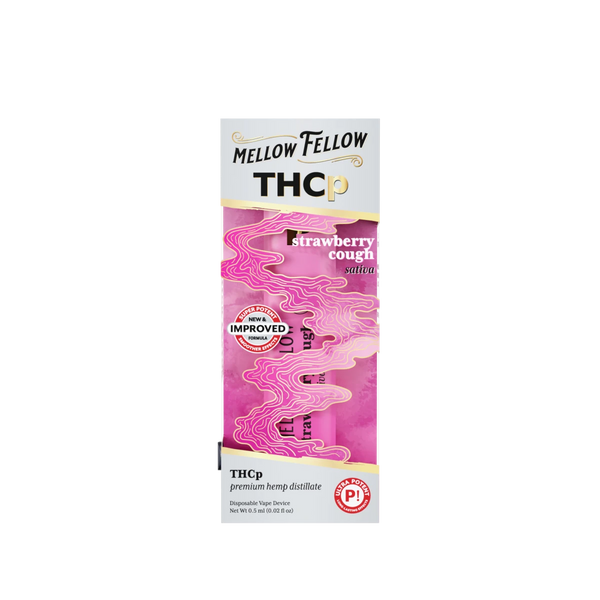
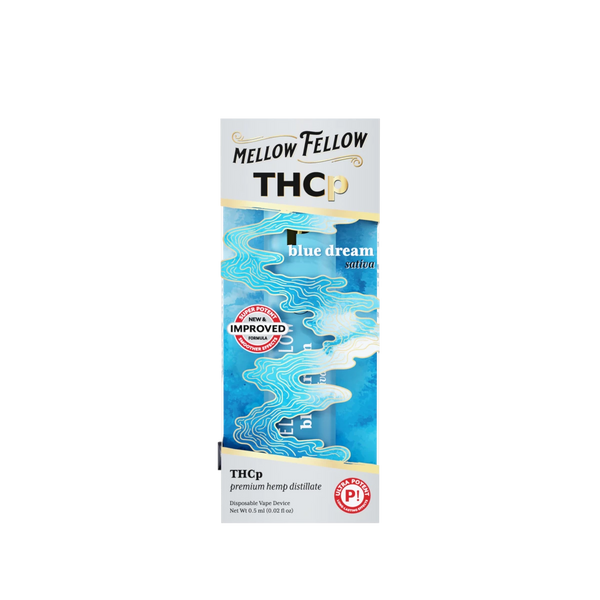
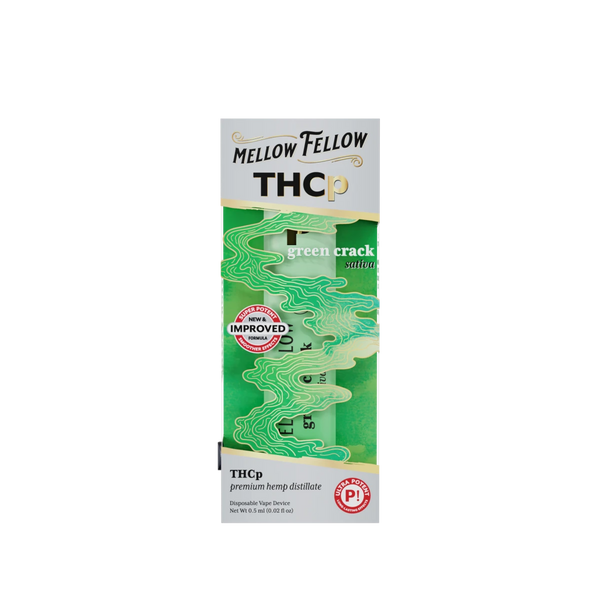
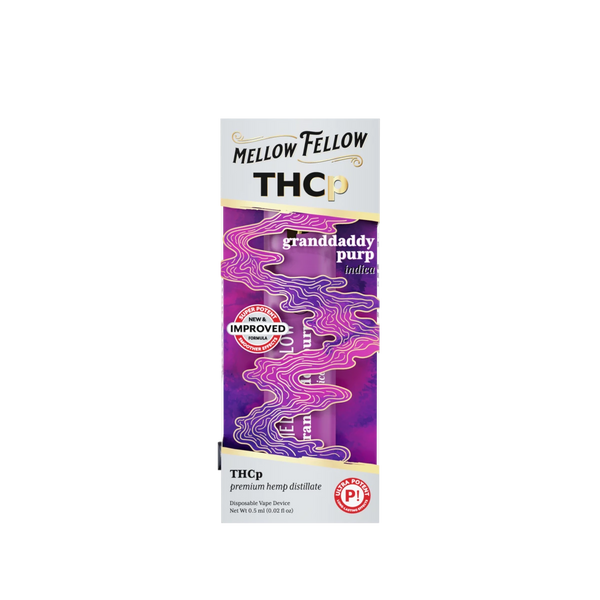
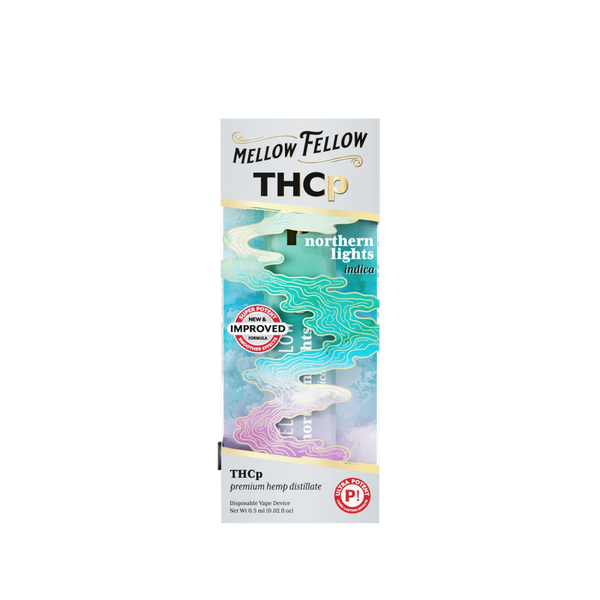
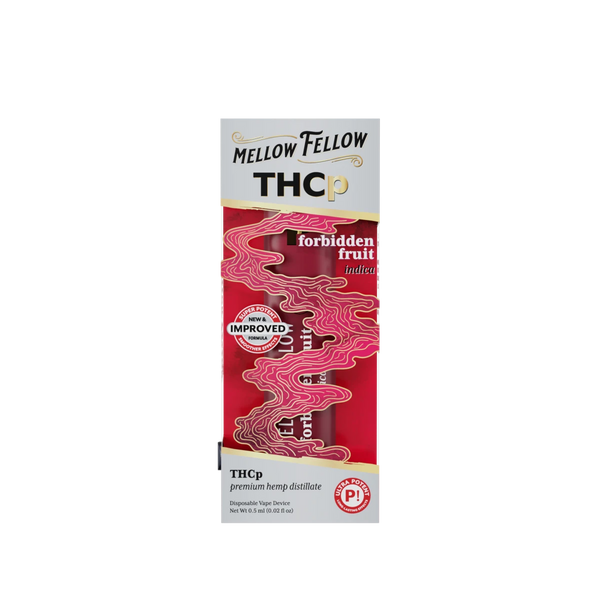










Leave a comment